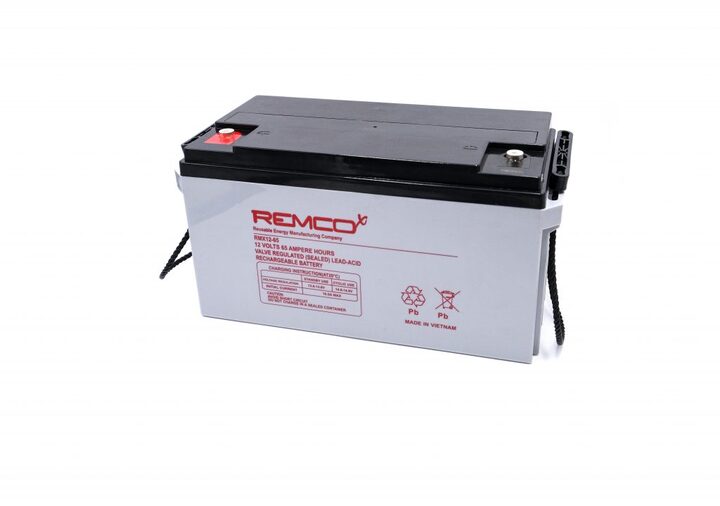More from IPE Technologies Srl
More in Politics
Related Blogs
Archives
Social Share
Keep That Siren Singing Extend Your Alarm Battery Life
Posted By IPE Technologies Srl
Body

That obnoxious phone or clock alarm wakes you up every morning. Although it's annoying and impossible to sleep through, you need it to wake up on time. However, have you experienced the beeping fade, or volume reduction with time? Sounds like a failing battery. It happens to everyone. But a silent alarm means oversleeping, which nobody likes. With a few simple methods, you can extend battery life and keep your alarm wailing every morning. The post will cover batteria sirena allarme basics and how to keep the siren ringing.
Selecting the Right Alarm Battery
Alarm systems depend on batteries; therefore, choosing the right one is vital. Two alarm battery alternatives are most popular:
Lead-acid batteries. It's cheap but only lasts 2–5 years. Checking water levels and adding distilled water are needed. Low-cost systems or those that don't mind frequent replacement and maintenance should use lead-acid batteries.
Lithium batteries. It is more expensive, yet lasts 8-10 years without maintenance. They last longer and charge better in cold temperatures. Most households prefer lithium batteries for their convenience and affordability.
Determine your amp hour (Ah) rating after choosing lead acid or lithium. Ah is the battery's long-term energy output. A 7 to 12 Ah battery should work for a small to mid-size home with a few keypads, smoke detectors, and a siren. Larger homes with security cameras may need 15-18 Ah.
The battery voltage, usually 12V for home security systems, is also significant. The voltage must match your alarm panel for effective operation. Also, make sure the new battery fits in your panel cabinet. Batteries vary in form and terminal design, so measure carefully.
Simple Tricks to Extend Alarm Battery Life
When the power goes out, batteria sirena allarme power your security system. Even when not in use, alarm panels and siren batteries drain slowly. Alarm batteries are expensive to replace, but you can extend their life with a few simple tips.
Check the battery date code. The "date code," or manufacturing date, of alarm batteries, is printed on them. For optimal performance, replace alarm batteries every 3-5 years. Batteries older than this may work but have less capacity and runtime.
Select the right battery. Alarm and security batteries are developed for them. These sealed lead acid (SLA) or gel cell batteries can manage alarm systems' high current draw. Alkaline batteries are short-lived and can damage your alarm panel.
The battery temperature should be correct. The optimal temperature for most alarm batteries is 65–85 degrees Fahrenheit or 18–29 degrees Celsius. Extreme heat or cold shortens battery life. Transfer your alarm panel from an attic, cellar, or garage to a temperature-controlled room.
Reduce alarms. False alerts and excessive testing degrade alarm batteries quickly. Activate your alarm system only for testing or maintenance. Before arming the system, close all doors and windows to reduce false alerts.
Conclusion
You can extend the batteria sirena allarme life with simple methods. Routine checkups, replacing batteries, keeping spares, and not overtaking the alarm can keep that siren singing when needed. The last thing you want is to sleep during an emergency. Care for your batteries, and they'll care for you!










Comments